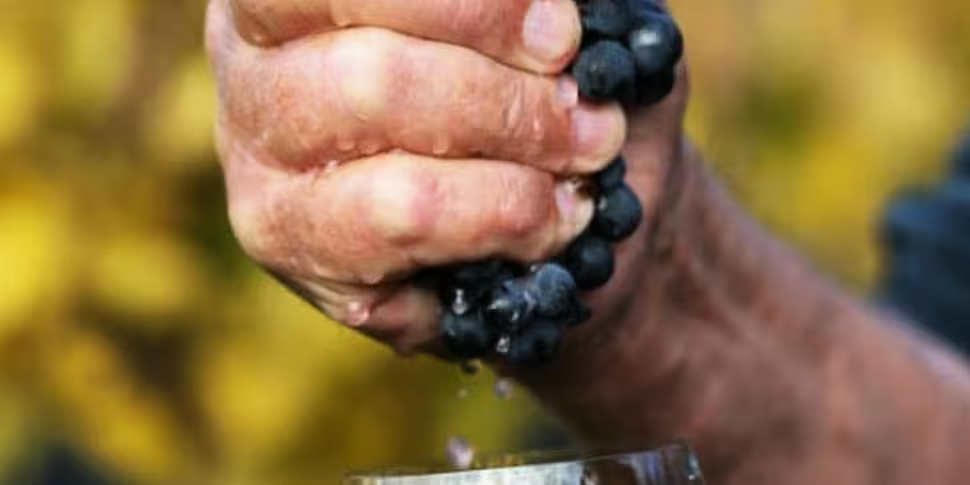Wine is a fairly simple thing. Crush the grapes to release the juice and let it ferment, which it will as there are yeasts in the air and on the skins and bingo you have wine. Of course to actually put millions of drinkable bottles on shelves involves a bit more more science and technology than that but the so called ‘natural wine’ movement would like us to get back to that simple idyll.
There are rules or legislation on what exactly constitutes a natural wine but it is generally taken to mean a wine made from grapes that are farmed organically or biodynamically. Once harvested nothing is added or taken away so it is fermented by wild yeasts and it is not filtered before bottling. Winemakers add small amounts of sulphur dioxide to wine to act as a preservative and anti oxidant and have done since Roman times. Natural winemakers either add none or much lower levels than conventional winemakers. This is risky as the wine can go off easily. Just think how an apple or a banana goes brown if cut in half and left exposed to air. The same can happen to wine.
This ‘natural’ trend has divided the wine world. It’s advocates claim the wines taste better and have a vitality and freshness that conventional wines lack and of course they have less impact on the environment and our bodies. French master of wine Isabelle Legeron is an expert on the subject and has recently published a book about it An Introduction to Organic and Biodynamic Wines Made Naturally.
Some critics say the wines too often are faulty and can taste like cider or are cloudy. Not just that but why would you deny the benefits of 200 years of scientific development that makes possible the production of wholesome fresh fruity wines in large quantities? It’s not as if we practice medicine without anaesthetic or modern drugs and call it a more natural healing process.
The truth is invariably somewhere in between. There are some awful unpalatable faulty wines being sold simply on the basis that they are natural. But then there are some talented winemakers making beautiful fresh wines too..
We’ll taste two today that, as far as I know, have no added sulphur. They are supplied by La Rousse in Dublin and I’ll be tasting them for the first time in the studio. So, they may be good or maybe not!
Wines:
Domaine de Majas, Vermentino Grappes Entires, Rousillon 2011 , €19
Whole bunch fermented vermentino, unfiltered. Made by Tom Lubbe of Domaine Matassa , one of the leading lights of the natural movement.
7 Rue de Pompe, Mas Coutelou, Vin de France (near Beziers), €16
This is 95% Syrah, with a dollop of Grenache thrown. Made by Jeff Coutelou
Stockists: Both wines are available at 64 Wine, Jus de Vine, and Fallon & Byrne.
You can follow Martin on twitter as @winerepublic or read his column weekly in the Sunday Times









